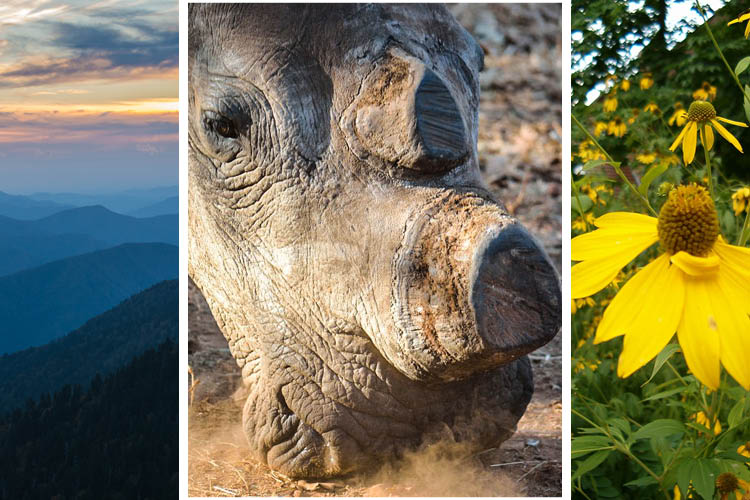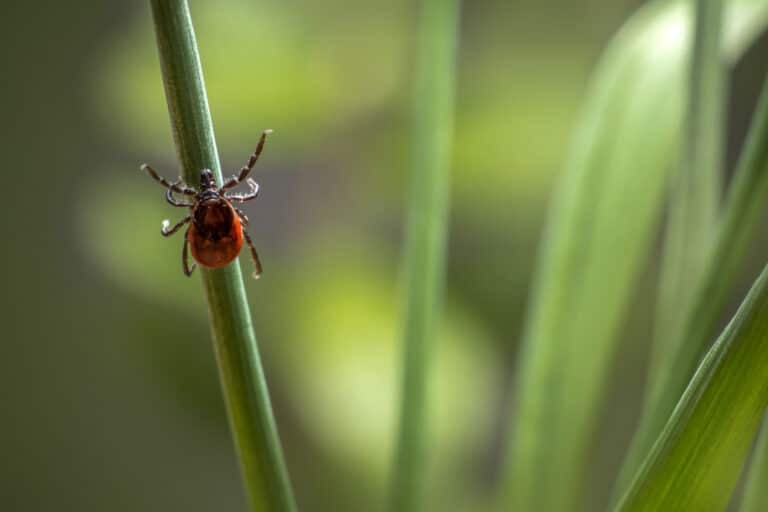Eastern Band of Cherokee Indians can once again harvest sochan in Great Smoky Mountains National Park
A historic signing of an agreement at the Oconaluftee Visitor Center in Great Smoky Mountains National Park returns the right for the Cherokee to pick sochan on their ancestral lands inside of the park, as they had done for centuries. Sochan is a bitter spring green that has historically been a part of the Cherokee diet and culture but picking plants inside of a national park is illegal. In 2016, a new plant gathering rule relaxed the ban to allow for enrolled members of Indian tribes to petition to harvest plants for tribal purposes. The park has found no significant impact from the harvesting and will now allow a permit-based system of sochan collection in certain areas of the park. Up to 36 Eastern Band enrolled members each year will receive a permit, which they must carry with them while gathering sochan in official collection bags approved by the park. The sochan gathering season is March- May 31.
Mountain Valley Pipeline developers sue two North Carolina landowners who are refusing access to their land
Mountain Valley Pipeline is suing two landowners in Alamance County, NC who are denying company representatives access to their land. Pipeline representatives are requesting an injunction forcing the property owners to give them access. One of the landowners owns 50 acres of land, the other 11 acres. The company says it has sent dozens of letters to the landowners and has the power of eminent domain, but that the landowners have refused access to their property. Since it’s beginning, the pipeline has been controversial. In Virginia, the pipeline has been cited for violating environmental regulations over 300 times. Opponents of the pipeline say it will be a health and environmental hazard and that the pipeline potentially abuses property rights. A hearing of the lawsuit will take place on April 1.
Wildlife poachers in Kenya could soon face the death penalty
Kenya’s tourism and wildlife minister, Najib Balala, has reportedly announced that poachers will face the death penalty, promising to fast track the measure into law. Balala said that the current wildlife poaching deterrents, which include life sentences or a fine of $200,000 USD, are not sufficient. Kenya is home to lions, black rhinos, ostriches, hippos, buffalos, giraffe and zebra and many other treasured species. Last year, 69 elephants and 9 rhinos were killed. Kenya’s population of rhinos is under 1,000. Earlier this month, two black rhinos and a calf were poached at Meru National Park. The ivory tusks of elephants are sold in the global east as trinkets. Rhino horns are believed to have medicinal properties even though they are made of the same substance as human fingernails.








